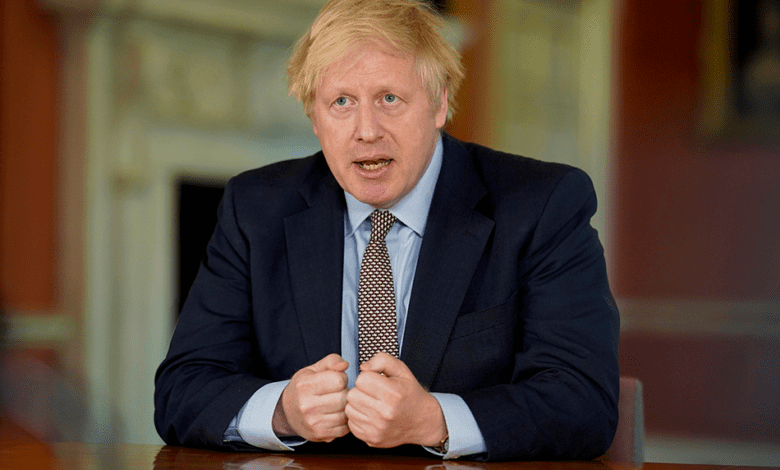PM outlines ‘roadmap’ out of lockdown
Boris Johnson has said it is possible that by 21 June all lockdown restrictions will be lifted

Prime minister Boris Johnson has set out his four-step “roadmap” to guide the nation out of lockdown “cautiously but irreversibly”, calling the plan a “one-way road to freedom”.

